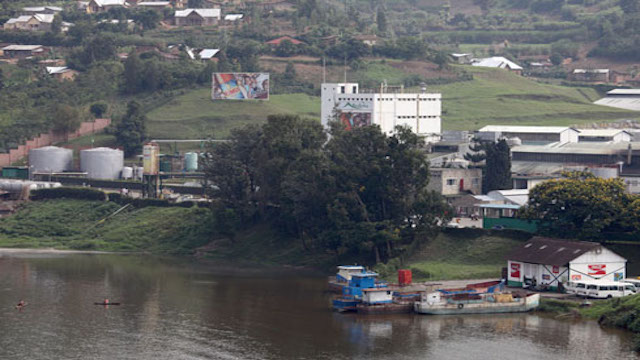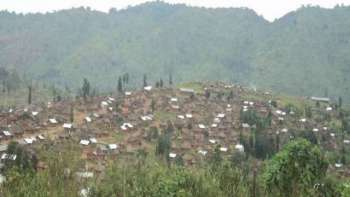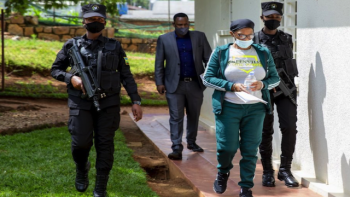A Canadian investment company that has promised to leverage opportunities in the war ravaged county of the Democratic Republic of the Congo (DRC) recently averted bankruptcy, thanks to a last minute lifeline funds guaranteed by the governments of Great Britain, France, and Spain.
At the same time, after initial bonds, whose prospects of return remain brisk at the best, the Rwandan government has been issuing new bonds, with rosy promises to would be investors.
Questionable Investment Goals in DRC
In DRC, the funds of $35 million bought shares, amounting to 60% of the Toronto-listed Feronia Inc. Feronia Inc. was founded in 2008 by
TriNorth Capital Inc, a Canadian hedge fund, and Ravi Sood, a venture capitalist and registered in Cayman Islands. The aim was to buy and exploit plantations in the DRC. After some time, Feronia Inc became one of the largest employers in the country with more than 3,500 employees.
The European investments came after Feronia Inc shareholders offloaded their investments as its share price fell about 95 percent. Although praised by government officials, the financial relief has been criticized by activists and other financial analysts. Government officials affirm that such investment in African agriculture should be assessed for its long term benefits and the potential to create jobs in poor countries, especially those recovering from civil wars.
Activists and other financial analysts question the wisdom of using public funds in private companies, especially when these companies do not offer a decent pay to their workers. It is estimated that most Feronia Inc plantation workers earn around $1 per day.
Potential Junk Bonds in Rwanda
In the overpopulated Rwanda, where natural resources are scarce and industrial agriculture is limited, government officials have engaged in a borrowing spree, selling bonds that many investors, perhaps having the recent Argentina's experience in mind, view as potential junk bonds, in the long run. Rwandan government sold $400 million in a debut Eurobond in April 2013 and has started to sell more bonds that will ultimately reach 1 billion dollars by early 2015.
The timing of the bond issues remain questionable, especially when most of the major private companies, on which the government is supposed to rely for its budget, have been recording a steep decline in profits.
The main Rwandan beer brewery, Heineken-owned BRALIRWA, has for the two consecutive 2014 quarters recorded unprecedented decline in profits, with a decrease of 20% in the first half of 2014. Bralirwa representatives, talking to the media, blamed the decline in profits to the weakness of the Rwandan Franc against the Euro leading to rising cost of materials, negative foreign exchange effects and rising depreciation charges. Most of the raw materials used by Bralirwa are imported from Europe. However, the Rwandan Franc has been depreciating heavily, with the fast decline in local production and the reliance on imports.
Bralirwa, 75 per cent-owned by Heineken, said profit eased to Rwf8.22 billion ($12 million). Last year’s first half profit was Rwf10.36 billion ($15.05) million.
False Promises, Bad Management and Lack of Transparent
In both Rwanda and DRC cases, investors are promised unimaginable returns in emerging countries, where civil unrests have stymied development. In the case of DRC, private investors promoted the investment as a high-yield deal in a country emerging from five years of civil war. In Rwanda, the government has been reassuring investors that the bonds are aimed at developing infrastructure projects and invigorating the the country’s naissant capital market.
“The purpose of the bond is to facilitate the development of the capital market as well as fund infrastructure projects,” Rwandan Minister for Finance and Economic Planning, Claver Gatete, said in a statement released on Friday November 21, 2014.
However, the questions from investors may be how they will make money or even recuperate their investments.
In DRC, observers believe that profits were made but routed back to the tax havens. Hence, they point to the fact that well managed and transparent investments may be profitable for both the investors and the local African economies.
In the case of Rwanda, the case of Argentina still lingers in the minds and most observers wonder whether Rwandan government backed bonds may be a scheme that could leave investors disappointed and broke.

























